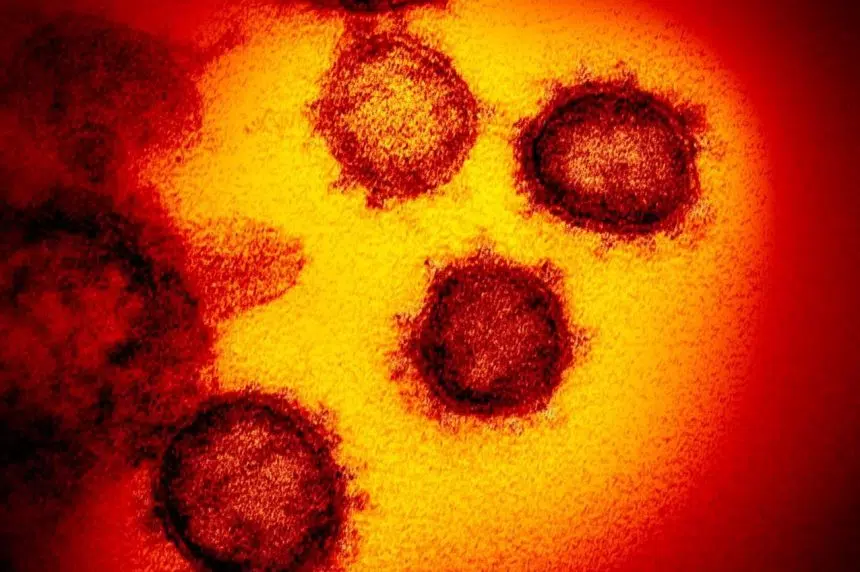Two new Delta variant subtypes have become the dominant strains of COVID-19 throughout Western Canada and health officials are closely watching how they progress.
Called AY.25 and AY.27, according to information released during a Saskatchewan Health Authority physician’s town hall meeting Nov. 4, the subtypes likely originated in Idaho, and then quickly spread to Canada from there.
The majority of the new virus cases are now in Saskatchewan, followed by Alberta and B.C.
Dr. Jessica Minion, a University of Saskatchewan assistant professor of pathology and lab medicine, presented information in a series of slides about the new Delta “clades” or subtypes.
She explained that viruses have “trillions” of opportunities to replicate themselves every day, and the various COVID strains mutate on average twice per month.
“We kind of warned people that uncontrolled spread is going to lead to evolution of the virus. You give it enough opportunities to pass through enough people, you’re going to get something unique to Western Canada. And this is kind of what it is,” she said.
During a news conference with reporters Tuesday, chief medical health officer Dr. Saqib Shahab said he’s also watching the variant types very closely. The original Delta strain is causing about one-third of the transmission in the province right now, and the other two subtypes make up the rest.
“Do these sub-lineages transmit more rapidly than the original Delta strain? We are watching very closely. They may or may not. Do they have some vaccine escape? We’re watching very closely. At this point we don’t think so,” he said.
Minion also explained a request has been make to international organizations for a designation to create a new Canadian Delta sub-lineage.
There are also other Delta COVID variants dominant in other parts of the world, including the United Kingdom and Singapore.
Shahab is still urging people to keep up with public health measures.
“The principles remain the same,” he said. “Make sure you are vaccinated — first, second dose and booster if eligible. Follow all public health measures and go above and beyond that.”











